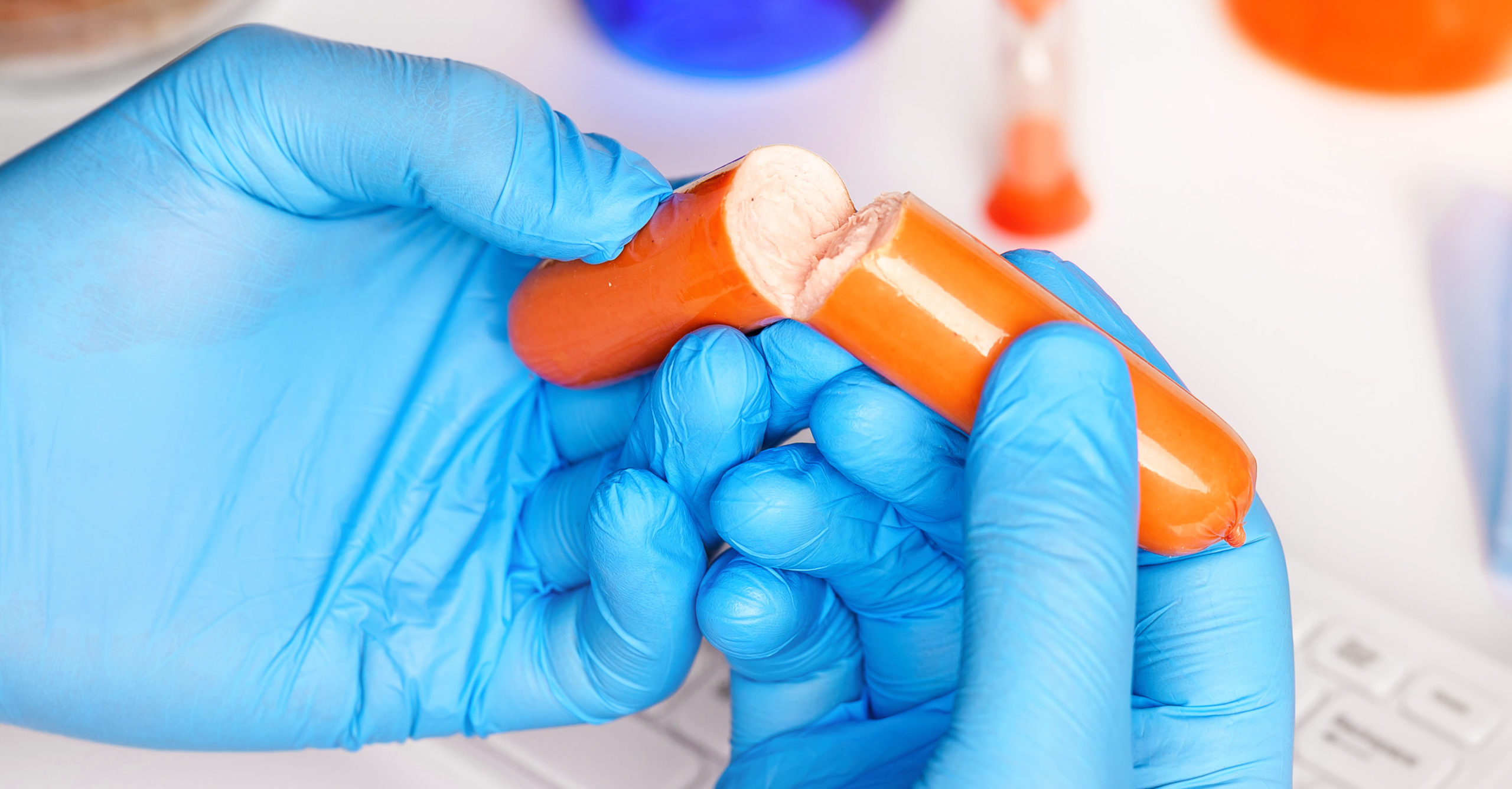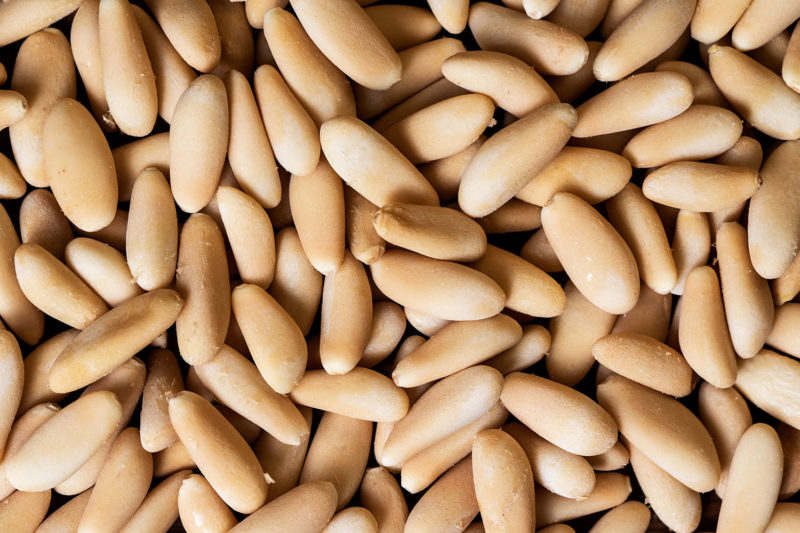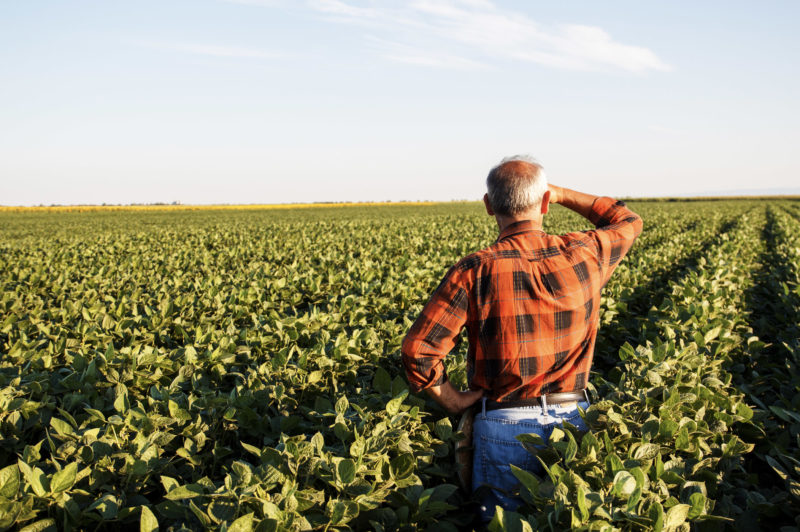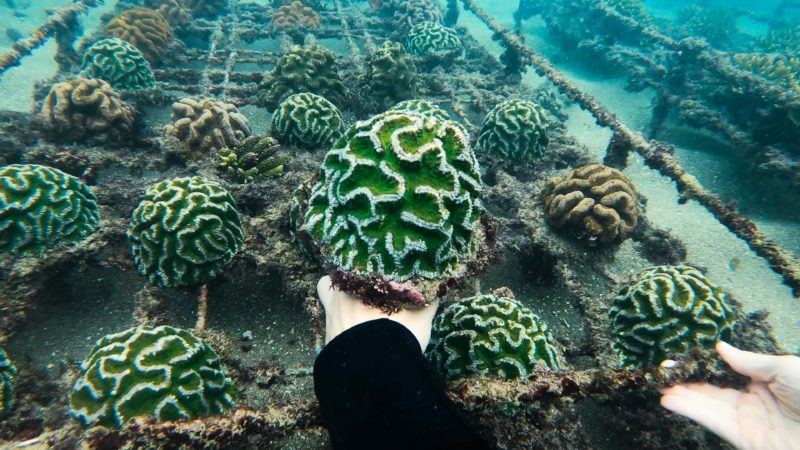

We will all eat synthetic meat soon
Experts estimate that by 2050 there will be 9.5 billion people on Earth. If we add to this the climatic effects of extensive livestock farming and north-south inequalities, it is high time we consider how we will feed ourselves in the near future. Will we all be vegans? Will we have to eat insects? Synthetic meat, made in the laboratory, is already a feasible alternative.
The human population is like a plague on the Earth: it has a very high capacity to destroy the ecosystem and, between global warming and the poverty that rages over 800 million people worldwide, it is clear that we suffer its consequences every day. Like our ancestors 10 billion years ago, and despite all the knowledge and technology we have acquired, the instinct for survival has led us to seek alternative food sources on a global scale. The Food and Agriculture Organization of the United Nations (FAO) points this out very clearly in a 2018 report.
Believe it or not, it is meat
For centuries, insects have been a real source of protein for some cultures and, thanks to their properties, they are valued as an alternative for the future. But there is one food that stands out above the rest: synthetic meat. Because it is the most surprising, and because it is possibly the most innovative. This is how companies dedicated to plant-based meats have exponentially increased their sales. The American Beyond Meats, for example, has seen its shares grow by 859% in just two years.
Producers and supporters give synthetic meat all the properties of conventional meat and claim that, even under the magnifying glass of a microscope, it is indistinguishable from conventional meat. The reason is that, in the end, it is meat from the same animal we have chosen, but grown in a different way. From a very selected sample of cells from an animal, subjected to a controlled nutrition treatment in a laboratory, the product is obtained without slaughtering any animal. They claim that, with a single cell sample the size of a sesame seed, they can produce up to 80,000 hamburgers.
Bill Gates, one of the apostles of the new food
Although detractors consider that he hides unethical interests, Microsoft founder Bill Gates, one of the four richest and most influential men in the world, has recently published the book ‘How to avoid a climate disaster’ (Penguin Random House, 2021), in which he argues that all rich countries should consume 100% synthetic meat in order to radically reduce the emission of methane, a gas that is considered 84 times more harmful than carbon dioxide due to its greenhouse effect.
Gates also believes that, in the near future, synthetic meat will taste even better than today’s beef. In the meantime, he is investing in companies and laboratories for the production of new meat, such as Upside Foods in San Francisco, in which billionaire Richard Branson has also invested. This company, created six years ago and which in 2016 produced the first beef meatballs, claims that by the end of 2021 it will market its first products on the North American market.
But in fact, the world’s pioneering company was the Dutch Mosa Meat, sponsored by actor Leonardo Di Caprio. In 2013, Mosa Meat, three years before being constituted, became known with a strong impact when it presented the first synthetic beef burger ever made, with a production cost of 250,000 euros, financed entirely by one of the founders of Google. The company’s forecast is that by 2021 it will bring the cost per burger down to under nine euros.
Is it regulated like any other food?
The involvement of the world of technology and science is obvious. There are already companies set up all over the world: some specialising in fish meat, or salmon specifically; others in chicken meat or animal fat. None of these companies have ever killed any animals. Scientific teams are leading these companies and laboratory work is the key.
At the moment, none of them are openly marketing their products yet, although they plan to do so in the next few years. Meanwhile, researchers are trying to reduce production costs. For this reason, it is not yet clear how to regulate this new market, which is strongly opposed by the primary sectors, such as fishing and livestock farming. Nevertheless, it seems that the market for synthetic meat is unstoppable.
11Onze is becoming a phenomenon as the first Fintech community in Catalonia. Now, it releases the first version of El Canut, the super app of 11Onze, for Android and Apple. El Canut, the first universal account can be opened in Catalan territory.





Al llarg de la història sembla que el creixement de la humanitat es a canvi de l’extinció d’altres éssers. Alguna cosa hem de fer i adaptar-nos per no extingir el món.
Doncs, sí, Pere. I, a més, és urgent fer-ho.
Buff!! Som massa població al món i aquí també caldria pensar si el planteja es sostenible en tots els sentits
Totalment d’acord, Laura. Ens veiem per La Plaça!
Tenint en compte la hiperpoblació i la dificultat que mostrem els humans per canviar els nostres hàbits i sacrificar la nostra zona de confort, no tinc dubtes que la carn de cultiu es una solució necessària per possible i sostenible la convivència dels humans amb una rica biodiversitat, aturar el canvi climàtic, i respectar el benestar animal.
Actualment és dificil pels petits inversors invertir en les empreses pioneres carn de cultiu, donat que son molt petites gairebé no accepten petites inversions de particulars i no estan al mercat bursàtil.
Ens ajudarà 11Onze a poder invertir en aquest sector emergent?
Bon dia, Gabriel, gràcies per el teu comentari. I en resposta a la teva pregunta, com veuràs, Onze està en constant moviment i creixement, aquesta també serà una opció pels membres de la nostra comunitat fintech.
La carn sintètica produirà una dependència molt gran de les empreses que la produeixin i veient com funciona el sistema econòmic actual em fa por. Tanmateix hi ha grans quantitats de proteïna que rebutgem per exemple senglars, coloms etc que avui per avui, són “perjudicials”
Bona reflexió Francesc respecte a la proteïna que “rebutgem”, que potser amb un circuit sanitari i de logistica es podria aprofitar. Respecte a la primera podria donar-se el cas, però hi ha forces empreses que estan entren en aquesta innovació, potser es donarà més amb les matèries primeres.
Que bona part de la nostra autodestrucció sigui per culpa de la ramaderia extensiva i com a conseqüència, de les emissions de gas metà, havent-hi pel mig el Bill Gates, m’ ho agafo com a mínim amb peus de plom.
És veritat que això ja sona a ciència-ficció, però és una proposta molt interessant per fer més sostenible el món. Tot i així es veritat el que dius perquè com ja ha passat amb certs aliments, que les empreses alimentàries ens han educat en un sabor del qual no és exactament el sabor d’aquell aliment. Tan sols per fer-lo més atractiu pel consumidor, com ha passat amb el cas dels formatges ratllats, que molts són proteïnes d’origen làctic, però no s’acosta a la forma de fer un formatge.
Al 2050, si hi sóc, tindré 93 anys. Menjaré verdures…
Crec que es el millor!!!
Es el futur-present ,però és fa difícil d’assimilar
Esperem que sigui de la millor forma possible!
👌
Gràcies, Joan!!!